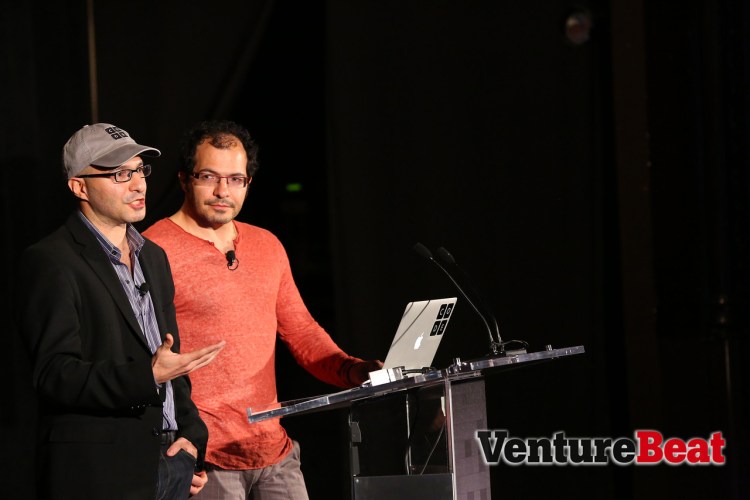Computer science might soon become as much part of the American public school curriculum as geometry, chemistry, American literature have traditionally been if Code.org has anything to say about it.
Code.org, a one-year-old non-profit working to increase the availability of computer science courses in U.S. public schools, has announced today that it is partnering with 30 public school districts across the nation, including three of the top 10 largest in the country. These partnerships mean that Code.org’s efforts will reach over 2 million students, representing 5 percent of all U.S. public school students.
Code.org was founded by brothers Hadi Partovi and Ali Partovi, Silicon Valley veterans and angel investors, a little over a year ago, and its donors include Bill Gates, Jack Dorsey, Ron Conway, Mark Zuckerberg, and many others. The organization has created an online portal through which students can take computer science lessons, and it also helps public schools offer computer science courses by training their current teachers in the organization’s curriculum. It also works with policy makers on establishing computer science as a core and important subject and was behind the well publicized “Hour of Code” campaign last December.
In its short existence, Code.org has accomplished a lot already, says cofounder and chief executive Hadi Partovi. It has influenced education policy in eight states, its curriculum is now taught in 20,000 classrooms, and 1 million students have already enrolled in its online courses.
“So few things in U.S. education are working,” he told VentureBeat. But he believes Code.org is.
One of Code.org’s biggest goals is to get state governments and school districts to recognize and treat computer science as a core subject so that its availability becomes wider and more stable. Partovi explained that there are fewer college students studying computer science now than just a couple of decades ago, and that 2001’s dot-com bust “shrunk everyone’s budget,” resulting in the cutting of many computer science programs because it was so easy to justify.
To alleviate schools’ lack of resources to institute computer science classes, the organization provides free training to current math and science teachers to enable even resource-strapped schools to offer the subject to their students.
“The number one thing that decides whether a student majors in computer science [in college] is whether they are exposed to it in high school,” Partovi said.
Partovi pointed out that there is a huge gap between the number of available software jobs and the number of available candidate because “there are not enough people teaching [computer science].”
“We went out of our way to find partnerships outside of the Bay Area because we didn’t want people to think that this is something to fill jobs at Facebook and Google,” he added. The new partnerships are in cities such as Denver, Colo., and Fort Lauderdale, Fla.
“We are delighted to bring computer science to our classrooms through our partnership with Code.org,” Broward County Public Schools superintendent Robert Runcie said in an official statement. “This is a transformative moment for public education, where we must develop the ability of our students to learn new things and apply their understanding to solve real-world problems. Computer science brings all of this together for us.”
The long-term effects of Code.org’s efforts remain to be seen, and even its current reach of 5 percent of public school students could be argued as still insignificant.
But refreshingly, despite the strong presence of “coding” in many aspects of the organization and its branding, Partovi seems to be more focused on exposing students to computer science and technology in a broader sense than advocating the recently popularized rhetoric that “we should all learn to code.”
“Everybody should learn the basics of how stuff works. It’s more about understanding how technology works” than learning how to code, he said.
VentureBeat's mission is to be a digital town square for technical decision-makers to gain knowledge about transformative enterprise technology and transact. Learn More

